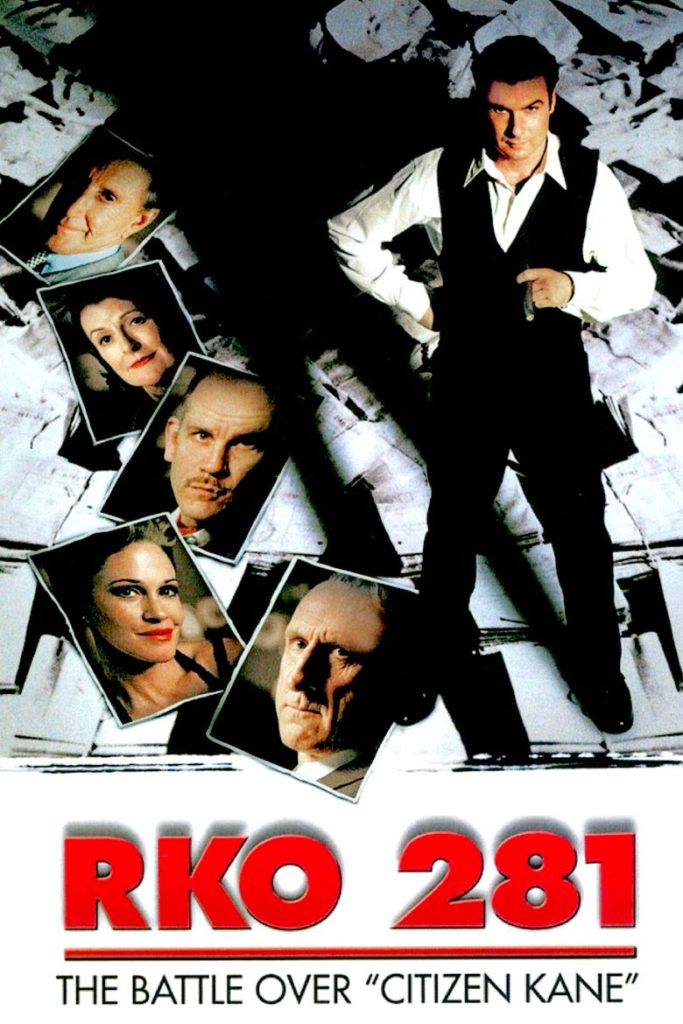
The Tony and Oscar nominated writer discusses the making of underrated Welles biopic RKO 281
In the pages of DELIRIUM #18 (you can purchase that stunning new issue here), playwright-turned-screenwriter John Logan spoke to us in an exlcusive interview about making Ridley Scott’s GLADIATOR, the flying-fox frightfest BATS, Tim Burton’s SWEENEY TODD, his recent collaboration with Scott in ALIEN: COVENANT, his high-concept Gothic series PENNY DREADFUL and his deep abiding love for Hammer Horror and Full Moon’s SUBSPECIES series.
Now, in this addendum to that interview exclusively published here, Logan discusses his stunning script for the Benjamin Ross-directed 1999 HBO cable film RKO 281. The film stars Liev Schrieber as Orson Welles and John Malkovich as Hank Mankiewicz and it details their struggles making and exhibiting what still stands as the most influential and important American movie of all time: Welles’ controversial first film, 1941’s CITIZEN KANE.
Not only does Logan dissect this underrated masterpiece, he also discusses the making of Martin Scorsese’s THE AVIATOR and HUGO as well as his application of Shakespearean drama and character arcs in virtually everything he does.
Enjoy…
DELIRIUM: RKO 281 is one my favorite films – the performances, the dialogue and specifically the relationship you captured between Welles and Mankiewicz, all sharply observed and deeply human. As a writer, did you put any of yourself in what Mankiewicz must have endured at the hands of Welles caustic ego?
JOHN LOGAN: Yeah, of course. I always say that the most important relationship I have artistically is with directors. I’m not a director, I have no interest in directing, it’s not my gift but my closest collaborators are always directors. I worked with great directors both on the page and in TV and movies and it’s brought so much to my work and so I have great respect for that. The best experiences I’ve had in theater and film is when I and the director are speaking the same language, we were all telling the same story. I’ve had those experiences where it’s been difficult and it’s frustrating for all the parties concerned and so the relationship between Welles and Mankiewicz mirrored in a way one of those experiences, where you go into the trenches with a partner and then you realize he’s fighting a cavalry battle while I’m fighting an artillery battle but at the end of the day, after the war is over you can look at your comrade and say, yet we fought this battle together. RKO 281 is a deeply personal story to me because it deals with all the things that are important, which is artistry, the creative spirit, the social responsibility, the personal responsibility of an artist to individual people and the world around him and plus it’s a refracted view on one of the greatest pieces of art ever created, so to get to go into that world with Ridley Scott who I developed and wrote it with, has been incredibly fulfilling.
